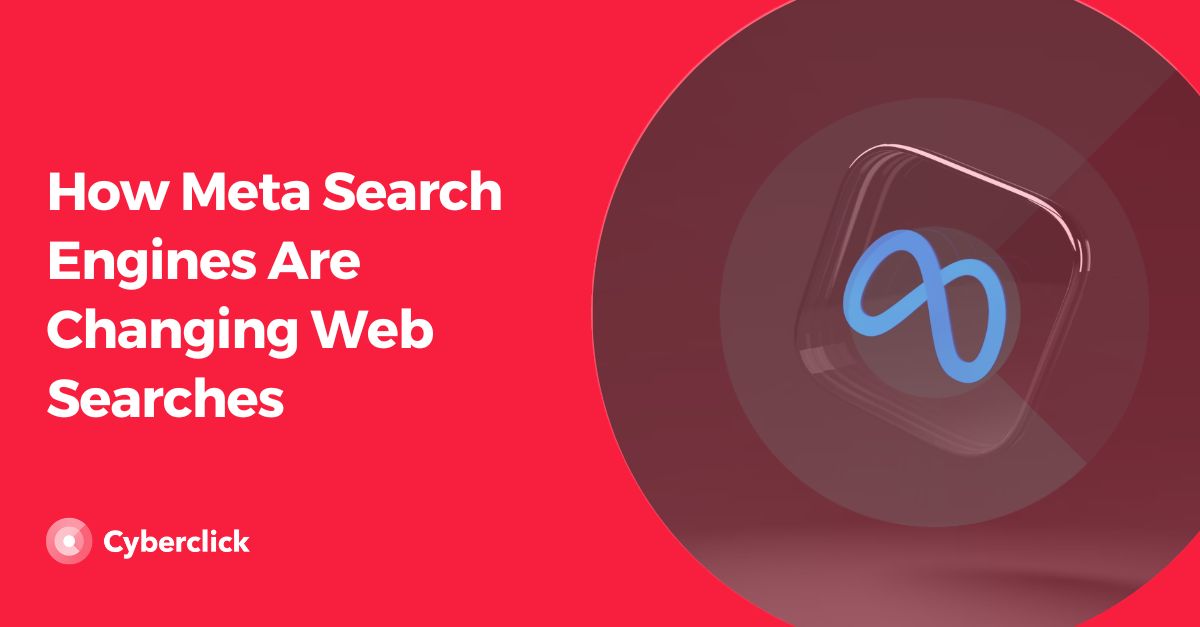The launch of ChatGPT Search marks a significant turning point in the landscape of internet search. We're deeply interested in how this shift might impact our digital strategies and the experience of users who, up until now, have relied on Google as their primary search tool. With this new development, OpenAI is not only challenging traditional search engines but also raising a key question: Can this technology transform our search habits in the future?

A New Way to Search the Web
Since the announcement of this feature, the new search tool has captured the attention of tech experts and everyday users. OpenAI's approach promises a better search experience—faster, more interactive, and, most importantly, ad-free.
Unlike traditional search engines, this tool allows users to ask questions conversationally, without needing to rephrase them constantly. You simply click the “Search the Web” button in the interface, and the feature decides whether a web search is necessary. This simplifies finding information, especially when you’re looking for quick, context-rich answers.
How ChatGPT Search Stands Apart from Google
The biggest innovation here is the tool’s ability to provide generative answers alongside reference links. This means that, beyond a clear and concise response, users can also see the sources used, adding a layer of transparency and trust.
The clean, distraction-free interface offers a different experience compared to Google. The absence of ads is a major highlight; OpenAI aims for an uninterrupted experience, letting users focus on the information rather than dealing with ads that take up half the screen.
Additionally, the tool’s ability to maintain context in searches allows for follow-up questions without needing to restate the original query. This creates a continuous, more natural conversation. For instance, if a user asks about "recommended restaurants in Barcelona" and then follows up with "Are there vegetarian options?" the context remains intact, and related answers are provided.
Consultation on restaurants in Barcelona
Extended search for vegetarian options, without adding that it must be in Barcelona. This is a continuation of the previous search.
Key Strengths: Speed, Accuracy, and Zero Ads
Several standout features make this tool noteworthy:
- Speed: Answers are nearly instant, with relevant results filtered in a way that avoids endless pages of options.
- Accuracy: The blend of generative AI and reliable sources enhances answer precision, reducing the need for repeated searches.
- Ad-Free Experience: Perhaps one of the most appreciated aspects is the ad-free environment. In an increasingly ad-saturated digital world, searching without interruptions is a true relief.
This innovative approach addresses one of users' biggest frustrations with traditional search engines: having to sift through ads to find meaningful information.
A Practical Example: Improving User Experience
To demonstrate how this tool optimizes real-time search, imagine a user planning a trip to New York City and wanting to know how to get from Bryant Park to Dumbo in Brooklyn. Upon asking this question, they receive a detailed response with transportation directions and even dining recommendations in the area.
If the user then asks, “Is there good food?” without mentioning a specific location, the tool retains the context and provides a list of restaurants in Dumbo. This makes browsing easier and adds value to each response.
In Google, this process would require multiple searches and redirects, whereas here, everything remains within the same conversation.
Limitations Compared to Google
While OpenAI’s new tool has significant advantages, it does come with limitations. Google remains the benchmark for the depth and breadth of its knowledge graph, something OpenAI's AI has yet to match. Additionally, Google’s integration of multiple services, like Google Maps or Google Lens, provides a practical dimension that OpenAI currently lacks.
It’s also worth noting that while this tool handles complex searches, it doesn’t always offer the same level of contextual knowledge as Google. The familiarity and accessibility of Google are factors that continue to make it the go-to search engine for many, presenting a challenge for OpenAI to overcome.
The Future of Online Search
ChatGPT Search represents a different vision for online search, with generative AI playing a leading role in providing context-rich, ad-free answers. As the technology evolves, it’s likely we’ll see OpenAI competing more directly with Google in terms of functionality and accessibility.
Still, a key question remains: Will users be willing to change their habits and adopt this technology as their primary search engine? Google has dominated the market for decades, but advancements in AI have opened the door to a more personalized and less intrusive search experience.
Conclusion
The launch of this technology marks a new era in the evolution of online search. While Google remains a reliable, ingrained choice for many, OpenAI’s offering presents a refreshing, modern alternative that prioritizes the user. We're eager to see how this technology will influence digital marketing strategies and reshape our interaction with information on the web.
Will this tool be able to dethrone Google? Only time will tell, but one thing is clear: the future of online search is as competitive as it is promising.
Responsable de la estrategia de contenidos y visibilidad en Cyberclick, con enfoque Allbound y especialización en posicionamiento SEO, GEO y automatización con IA. Gestión avanzada del CRM con HubSpot: base de datos, workflows, lead nurturing, scoring y reporting. Experiencia en marketing digital, comunicación corporativa y periodismo, uniendo estrategia, creatividad y tecnología para captar y convertir leads cualificados.
Responsible for content and brand visibility strategy at Cyberclick, with an Allbound approach and specialization in SEO, GEO (Generative Engine Optimization), and AI-powered automation. Advanced HubSpot CRM management: database segmentation, workflows, lead nurturing, scoring, and reporting. Background in digital marketing, corporate communications, and journalism—combining strategy, creativity, and technology to attract and convert qualified leads.






Leave your comment and join the conversation